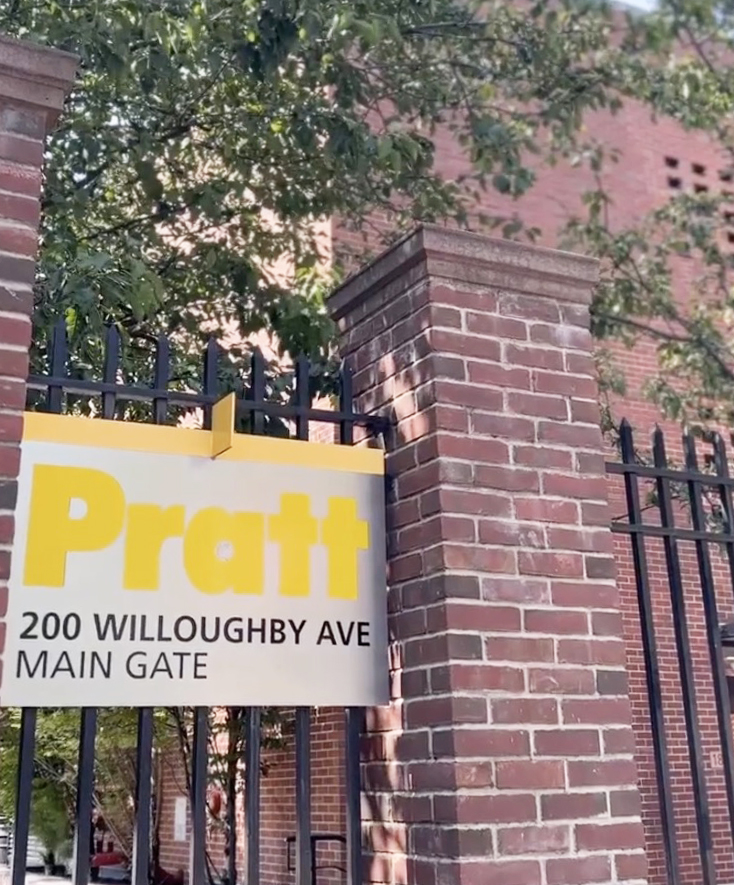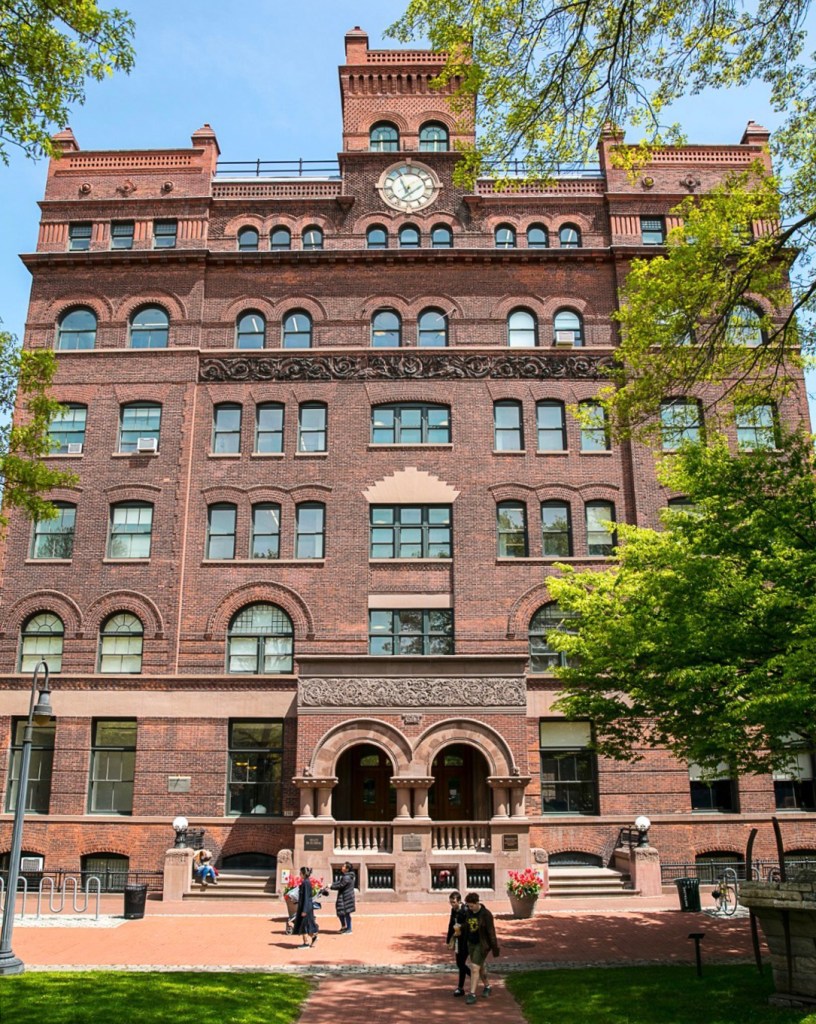Pratt Institute’s faculty governing body narrowly rejected a series of resolutions to have the prestigious Brooklyn-based arts college boycott Israel — during a vote that had initially been set to take place on the first full day of Passover.
The Academic Senate rescheduled the vote after facing accusations of discrimination from the Brandeis Legal Center for Human Rights Under Law — a Jewish legal civil-rights advocacy group — as observant professors would have been kept from participating on the holiday.
One of the resolutions, which was voted down 14 to 12, asked for an academic and cultural boycott of Israel.

Another, also rejected 14 to 12, asked that “Pratt no longer engage in events, activities, agreements, or projects involving Israel, its lobby groups, or its cultural institutions.”
A third resolution asked to suspend Pratt’s partnership with Bazel University, Israel’s national school for art and design. It failed, garnering only 11 votes.
The faculty council did pass a resolution — 20 to 6 in favor — asking for Pratt to provide “full transparency regarding institutional investments in Israeli companies or companies that profit from the Israeli occupation of Palestine and prepares to divest from these holdings, if any.”
A top lawyer at Brandeis Center applauded the Academic Senate’s rejection of the anti-Israel resolutions.
“Pratt’s Jewish students, faculty, and staff, many of whom are members of the Brandeis Center, deserve all the credit for standing up for their rights, and for what’s right, period, in defeating this anti-Semitic BDS [Boycott, Sanctions and Divestment] resolution,” said Brandeis Center senior counsel Rory Lancman, a former New York City councilman.

“Make no mistake – BDS resolutions are anti-Semitic and likely violate a raft of anti-discrimination and anti-BDS laws and regulations,” he added .
The Post reached out to Academic Senate President Uzma Rizvi, an archaeology professor, for comment.
In an email reporting the results Wednesday, Pratt’s academic senate thanked professors for debating difficult issues “in good faith.”
“The world is struggling to hold space for and have such conversations; we want you all to know that we strive to live by what we say our core values are – academic freedom. We don’t have to agree with one another, but we do have to sit together and talk. And for that, we thank each one of you,” the statement said.
The online voting took place by secret ballot.
It comes amid arrests of rioters for vandalizing property and occupying or setting up encampments at Columbia University, the Fashion Institute of Technology and New York University, among other schools across the country.














